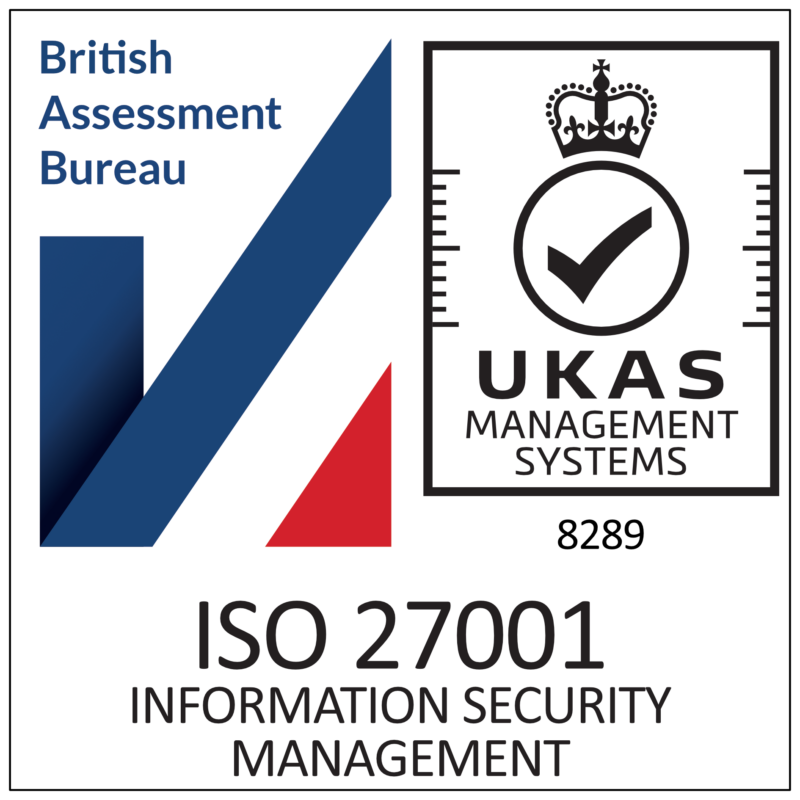Super-Curricular Activities – Encouraging post-16 students to explore their subjects
Super-curricular activities/resources are designed to help students expand their subject knowledge beyond what is taught in the classroom. They can help students decide whether certain courses and careers may be right for them and be valuable in the development of independent learning skills. In this blog, I discuss the diverse range of super-curricular activities available, their benefits and tips to help students gain the most from them.
1. Wider reading
Exploring books, articles, or journals related to a particular field of interest is an excellent super-curricular activity. Through wider reading, students can develop a deeper, more nuanced understanding of a subject, as it exposes them to a variety of viewpoints and theories. Reading extensively can also develop a range of transferable skills and is excellent preparation for higher education. It provides opportunities for students to develop their analytical and critical thinking skills and can help them develop their ability to evaluate information, make connections, and form well-rounded arguments.
Encouraging post-16 students to undertake wider reading can be achieved through various strategies. For example, some teachers may choose to provide students at the start of their courses with reading lists suggesting books, articles, journals, and online resources. Others will integrate suggestions for wider reading into their curriculum, encouraging students to delve deeper into topics they are currently studying. This can take many forms including comprehension exercises which are a precursor to group discussions, project work and self-directed independent study.
When applying to university, referencing wider reading in a personal statement can illustrate students’ depth of knowledge and show enthusiasm and commitment for a particular course. Having knowledge beyond the curriculum is also beneficial for interviews and admission tests and can enable students to engage more confidently in discussion work.
Many universities produce suggested reading lists for students who are interested in applying for specific courses. For example, Imperial College London have a complied a superb online book list for students interested in STEM subjects. Others have created websites containing subject-specific resources designed to develop critical thinking and encourage wider reading. For example, the English department at the University of Oxford have created a fantastic website called the Ten-Minute Book Club which contains a range of literary excerpts that students can read in just ten minutes. The extracts have been chosen by Oxford academics and are paired with free resources and introductions by experts suggesting themes or contexts for students to reflect on, either as they read or in discussions with other students.
A great starting point for any students who are looking to undertake wider reading is the University College Oxford website, Staircase 12. It contains a Reading Bank section that is packed with book suggestions and reviews from university students. The books are categorised into broad subject areas and is ideal for students who want to explore subjects beyond the curriculum. The Staircase 12 website also has a Resources Hub containing links to other super-curricular resources such as podcasts, journals, documentaries, and online lectures which makes independent study even more accessible to students. Trinity College Oxford have developed a similar website called the Library Quad again containing links to a range of super-curricular resources that have been recommended by current students.
Tutorial sessions can also be a good forum to use when encouraging students to undertake super-curricular activities. Asking students to undertake a super-curricular activity in a subject that interests them and then to present in groups what they have enjoyed and learnt from the activity can be extremely beneficial. Students discussing with their peers in tutor time, activities such as a book they have read or a podcast they have listened to, enhances their ability in terms of reflection and active thinking. It can also be fantastic preparation for future applications and interviews.
2. Attending lectures and taster sessions
Many universities now offer taster sessions and lectures that post-16 students can attend. These are excellent super-curricular activities which give students the opportunity to explore new subjects or areas of interest that might not be covered in their regular curriculum. Taster sessions may often involve practical experiences, giving students experience of what it is like to study or work in a particular field. For many students this can be invaluable in helping them decide on future career paths. When looking for suitable events, it is always worth checking out university websites and social media channels. However, a great website which lists many opportunities is UniTasterDays. The UniTasterDays search engine, makes it easy for students and teachers to find details of upcoming subject tasters, conferences, workshops, webinars, and summer schools. The website also contains links to subject guides, podcasts and on-demand webinars which are fantastic resources for schools and colleges. Many university events now take place online and are accessible even if students live and study overseas.
Gresham College in London offers an extensive range of free public lectures delivered by experts in their field. Recordings of these lectures are available online and are an excellent super-curricular resource. TED Talks are also a brilliant resource where students can explore a diverse range of subjects and learn about innovative research in a concise and accessible format.
Attending a subject taster event in person or online can be a significant help to students when making decisions about future courses. However, when making a university application, it is important that students demonstrate a genuine interest in a particular subject that goes beyond just attending a one-off university event. They should inspire students to explore subjects in more detail through wider independent reading and further activities.
3. MOOCs and other online resources
Completing a MOOC (Massive Open Online Course) is another super-curricular activity which is excellent preparation for university study. MOOCs are distance learning courses which are run by many universities worldwide. Many websites offer access to free MOOCs, which can help students explore subjects and give them a taste of undergraduate study. Studying a MOOC can also develop students’ independent learning skills and support their decision-making when it comes to university applications. Three fantastic websites that offer a range of MOOCs are edX, FutureLearn and Coursera.
In addition to MOOCs, there are now a vast range of websites that contain super-curricular resources aimed at post-16 students and teachers. Some of my favourite website include:
The University of Cambridge – Virtual History Classroom – which contains information and interactive exercises relating both to areas of history that are commonly studied in Years 12 and 13 and to other areas less often studied at post-16 level.
iWantToStudyEngineering – a website full of challenging maths and physics problems related to engineering that go beyond the A-level syllabus.
nrich– a website developed by the maths faculty at the University of Cambridge which contains an extensive range of stretch and challenge maths activities for any age.
iBiology- an incredible collection of online talks on all aspects of biology from leading scientists.
HE Plus – a website containing super-curricular resources for a broad range of subjects created by University of Cambridge students and academics.
Great Writers Inspire – a superb English resource from the University of Oxford for students and post-16 teachers containing video lectures, eBooks and contextual essays that could be used for extended project work, in preparation for university study, or set as additional reading around specific central texts.
Whatever activity a student undertakes in preparation for undergraduate study, it is important that they are encouraged to reflect on what they have enjoyed and learnt from the experience. Reflecting on each experience and keeping a record of this can be great preparation for writing personal statements and any future interviews.
I hope you have found the tips and links to resources in this blog useful and that they inspire your students to explore their post-16 subjects beyond the curriculum.

About the author, John Roe: John has worked in education for 22 years as a science teacher, head of department and pastoral lead. John is passionate about creating an aspirational culture and supporting students to achieve their full potential. Prior to joining Alps, John was Director of Radyr Sixth Form in Cardiff for 10 years, where he lead the transformation of the sixth form with student outcomes consistently matching the performance of the top 2% nationally.
Need more information?
If you would like any further information, please contact one of our expert advisers.


